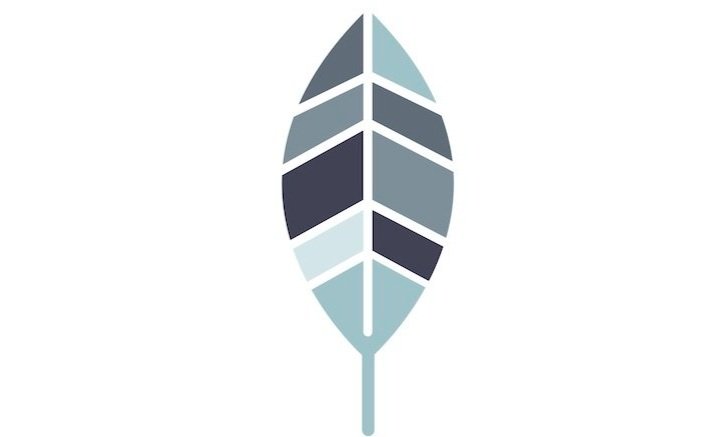The Kindness of Boundaries
I started off my morning in a virtual breakfast with a group of women who meet monthly to talk about what’s happening in our lives and businesses, how we can support each other, and reflect on a meaty topic. This month’s discussion centered on a question: How do you curate kindness and compassion in your everyday life?
The group all talked about bringing more kindness into our communities, families, and work overall. Our passion to create safe spaces for those we interact with, giving power to voices that aren’t always heard. And how to embrace empathy as we navigate challenges and remove barriers for each other.
As the exchange moved to talking about self-compassion, we anchored on a dynamic many of us tend to fall into: over-committing to others. It was wonderful to experience how deeply all of us are driven to care for the people in our lives, but we had to acknowledge that each of us get close to (or traverse down) the slippery slope where we compromise our own time, energy, and well being.
We’re all carrying a lot every day, as are those around us. How do we cultivate resilience and kindness with a sustainable focus on ourselves?
Even on our best days, striking the balance between productivity, the care of others and personal wellness is a Herculean feat. There are days when I feel like I’m spinning plates while walking on a tightrope . . . and as I wrap up my day I realize I’ve deprioritized the things that refill my energy tank.
This morning’s conversation both gave me helpful insights from the group and the opportunity to take inventory on whether my current practices are working for me. My answer is yes: I feel good about them (“them” being a set of questions I ask myself each day based on what/who I’m engaging with). Our breakfast reaffirmed my commitment to keeping these questions in regular rotation, and being honest with my answers.
If you’re curious about creating a similar practice – what I call “pause and prioritize” – here are a few of my questions, depending on what’s surfacing:
When I’m getting too emotionally wrapped up in something:
Is this my problem to solve?
Why is this so important to me right now?
When I’m feeling overwhelmed:
What am I prioritizing and does it make sense in relation to my goals/needs/purpose?
What’s at stake if I do (or don’t) do this right now?
When I’m judging someone:
What might this person be dealing with right now that I’m not aware of?
How might I support them, within boundaries that make sense for us both?
When I’m judging myself:
Do I have something to prove?
How can I be kinder to myself?
Circling back to the topic of self-compassion, it’s important to ensure we’re also talking about boundaries – whether we’re creating them for others or ourselves. Of the many gems of wisdom I’ve collected from Brené Brown’s work, I find her research of generosity and boundaries particularly powerful. We tend to see them as polar opposites: how can you draw a line and give at the same time? According to Brown, generosity and boundaries don’t just coexist but, in fact, give rise to each other. Many of us think that telling people “no” means we’re selfish – but that is far from the case.
Brown’s Dare to Lead reinforces the importance of empathy in our lives and workplaces – it’s “one of the lynchpins of cultures build on connection and trust.” At the same time we’re building this emotional connection with others, she stresses “empathy is not jumping into the hold with someone who is struggling and taking on their emotion or owning their struggle as yours to fix.” This is where boundaries come in - they allow us to protect both ourselves and others at the same time, since we’re also drawing a line to reinforce where people can channel their own strength and resilience. Giving people the benefit of the doubt – assuming they are doing their best – is where generosity comes in. We don’t judge them, see them as needing to be saved, or leap to conclusions about unkind motivations. Boundaries support others to be their own best resource – to sharpen their inner tools – as an act of kindness.
Brené Brown is inspiring me to add one of her questions to my reflection practice:
“What boundaries need to be in place for me to be in my integrity and generous with my assumptions about the intentions, words, and actions of others?”
Kindness takes on many forms. Connecting with people about how we’re able to best support them starts with asking questions, listening, then understanding if and how we’ll step in (or not) with our own oxygen mask on hand if needed.


